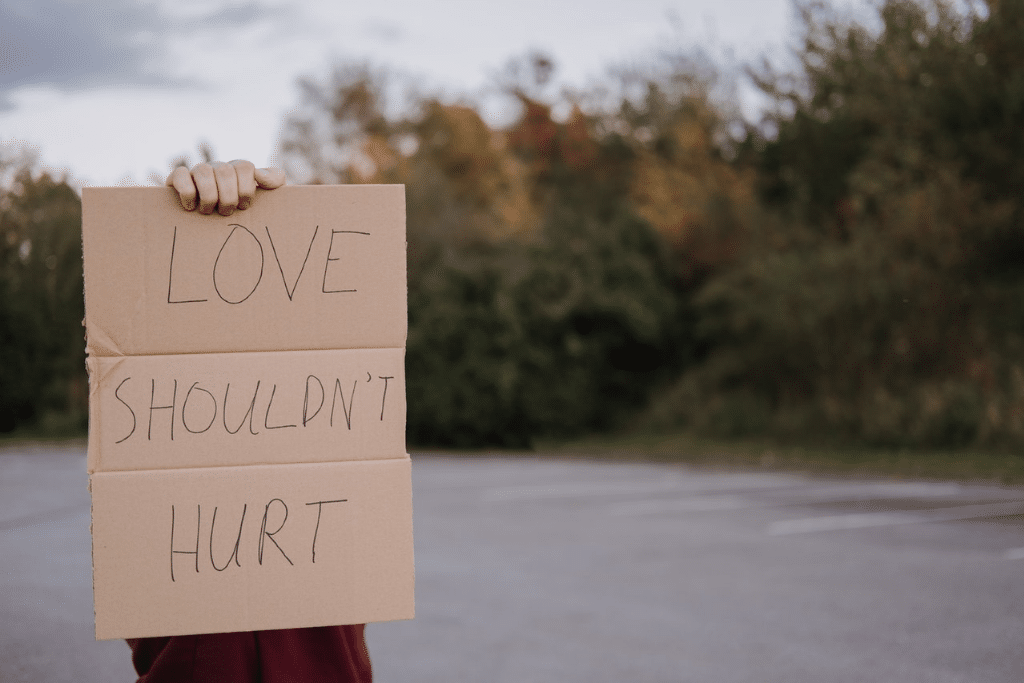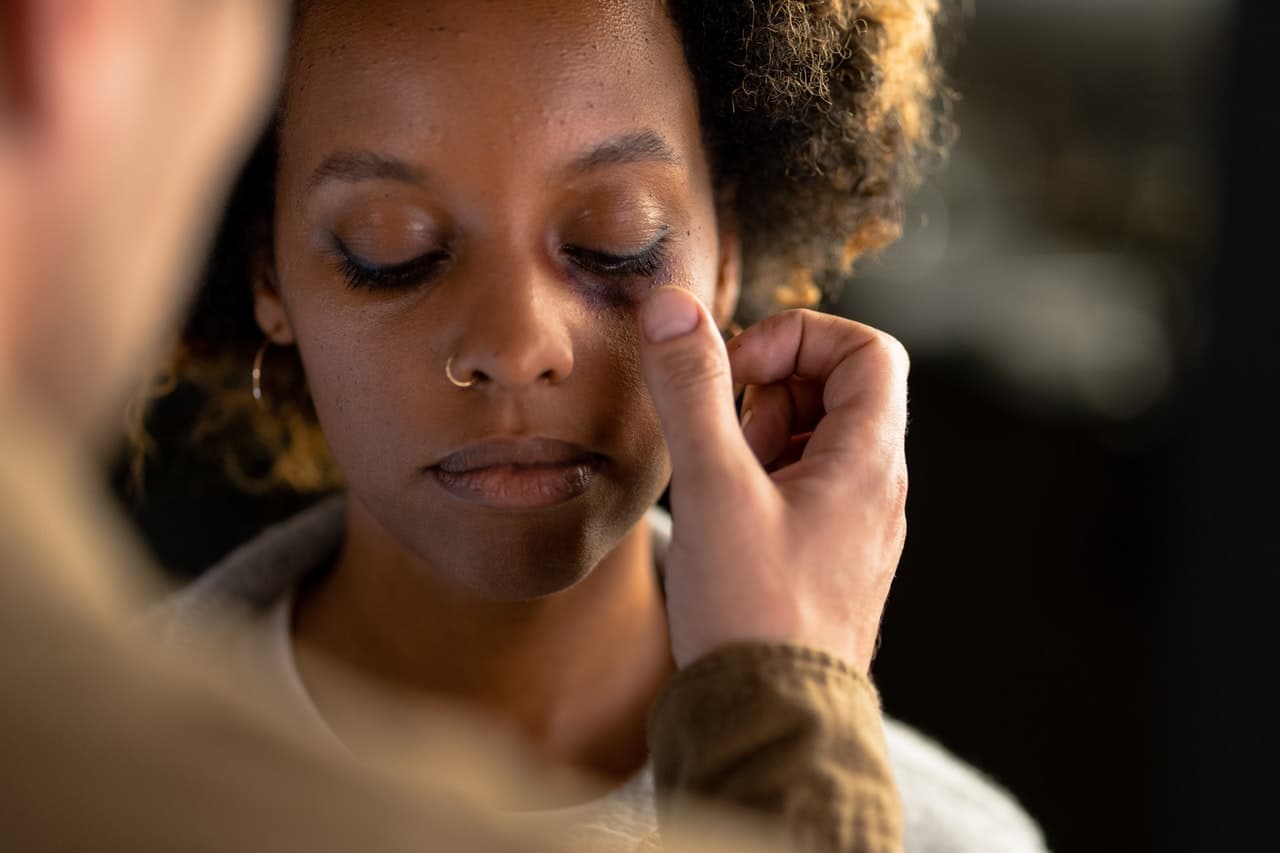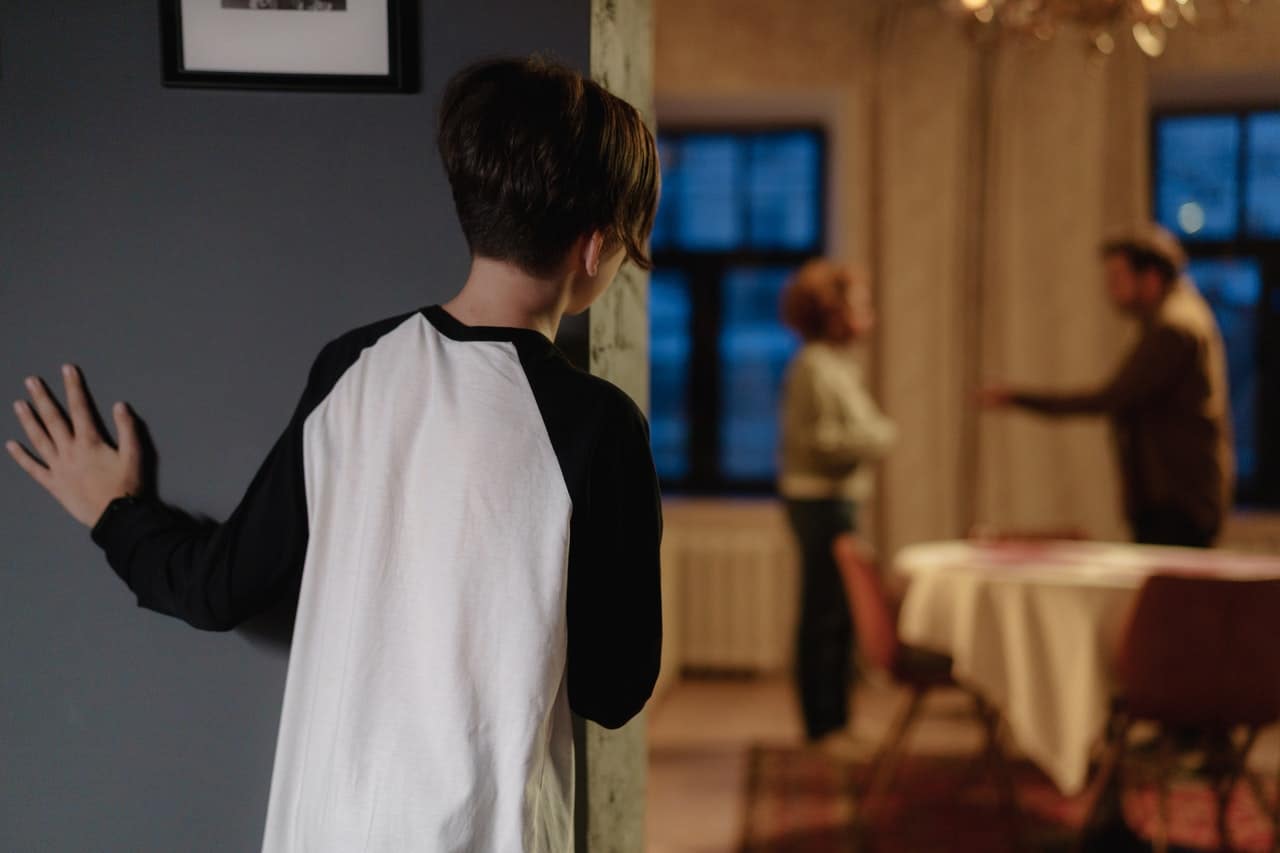Domestic Abuse: What do I Need to Know? | Read Time 5-7 Minutes.
did you know…
In 2020, an estimated 5.5% of adults over the age of 16 were victims of domestic abuse. That’s a total of 2.3 million people, with a 4% increase on the previous year.
is domestic abuse a crime?
Domestic abuse is most certainly a criminal offence.
Sadly, abuse rates sky-rocketed during the pandemic, with more men and women experiencing domestic violence than ever before. Between March and June 2020, police recorded almost 260,000 domestic abuse cases; that’s a 7% rise on the previous year.
Domestic abuse comes under the violent offences subsection of the law. Whatsmore, it’s also a criminal offence that covers multiple other offences, such as harassment, assault, sexual assault and criminal damage.
Domestic abuse can often involve physical violence. However, it doesn’t necessarily have to. It can also be psychologically manipulative and can involve coercive and controlling behaviour. This form of domestic abuse often leaves victims feeling immense levels of fear and like their freedom has been removed from them.

what is legally classed as domestic abuse?
One of the most challenging aspects is spotting abuse in the early stages. Far too many people can’t acknowledge that they are experiencing abuse or often deny their abuse out of fear. Examples can include:
1) Verbally abusive language
This is often an early sign of domestic abuse. Verbal abuse can be anything from shouting, belittling, mocking, accusing and making verbal threats.
2) Controlling and coercive behaviour
Another form of non-violent abuse, coercive behaviour is a common onset sign of domestic abuse.
This can include actions such as:
-threatening to withhold money
-refusing to let you out of the house
-disconnecting the internet
-threatening to hurt you
-threatening to take away your children
-saying they will harm themselves
-lying to friends and family about you
-making you feel as though the abuse is your fault
3) Denial
Many abusers will use manipulative tactics to stop you from leaving them. This can include denying the abuse, crying/begging for forgiveness and promising that it will never happen again.
4) Physical and sexual violence
The most escalated form of domestic abuse can start with threats and could end in physical or sexual violence. This can be anything from hitting, biting, punching, as well as sexual assault and rape.
domestic abuse and the LGBT community
Sadly, domestic violence is a common problem in the LGBT community.
Transgender and bisexual individuals are the most likely types of people to experience domestic abuse in the UK. A report from the popular LGBT charity Stonewall revealed that 80% of trans people in the UK have experienced a form of domestic abuse from a partner. Interestingly, bisexual women are twice as likely to experience this kind of abuse compared to heterosexual women.
LGBT people experience domestic abuse based on their sexual orientation or gender identity. Those being abused are often subjected to a power imbalance from their abuser, who uses their sexual orientation or gender identity against them. Abusers in LGBT relationships are known to use their partner’s sexuality as ammunition, such as gaslighting or threatening to “out” their partner to friends and family.

domestic abuse laws
The Domestic Violence, Crime and Victims Act (2004) is the primary legislation that protects abuse victims in the UK. In fact, the legislation was updated in 2005 to cover new, more specific areas. These areas include “causing or allowing the death of a child or vulnerable adult” and expanding the circumstances in which trials can be heard without a jury.
The Domestic Violence, Crime and Victims Act (2004) is also essential in protecting LGBT abuse victims, as this legislation allows same-sex couples and cohabiting couples to apply for non-molestation orders.
More recently, the government re-introduced the Domestic Abuse Bill in May 2020. The bill has 4 parts, which are:
1) Promoting awareness of domestic abuse
2) Protect and support survivors
3) Pursue and deter perpetrators to protect survivors
4) Improve performance for survivors
You can see a full breakdown of the bill on the Women’s Aid website.
How to report domestic abuse
If you are a victim, your first legal step will be to report your abuse to the police. The police will be able to examine your evidence and can conduct an inquiry into your case. When you’re in immediate danger, you must call 999 as soon as possible to report the abuse. You can also make a police report on behalf of someone else.
If the police cannot help you, you can go down the civil route and have a non-molestation order put in place by a lawyer.
Can i report abuse that happened years ago?
You can report abuse at any point when you are ready to do so. It takes a significant amount of courage to leave an abusive relationship. Because of this, many people will report their abuse when they are safe and comfortable enough to do so.

what legal options are available to me?
Domestic abuse can be dealt with by both the criminal courts and the civil courts.
If you wish to follow criminal proceedings, you can report your abuse to the police. The police and the CPS will take your case to the Magistrates or the Crown Court.
Alternatively, if you wish to follow civil proceedings, you can apply for any of the following with the assistance of a lawyer:
“Non-molestation orders – applied for through the family court when protection from a violent partner is needed.
Occupation orders – applied for through the family court when there has been violence in a household from one partner to another, to determine who should stay in the property
Restraining orders – typically applied for during criminal proceedings through the criminal courts to protect one individual from another, who don’t have to be related or partnered.”
what domestic abuse support is available to me?
Reaching out to friends and family is an important first step in understanding and confronting your abuse.
There are several charities, non-profit organisations, and legal services in the UK that can provide support for victims.
Charities such as Rise, The National Domestic Abuse helpline and Women’s Aid provide men and women with advice and connections to local support networks.



0 Comments